As someone who was born and raised in Japan and has lived here for over 33 years, I want to give you an honest, insider perspective.
Japan is often praised for its safety, beauty, and culture—but what is it really like to live here long-term? In this article, I’ll walk you through 7 big advantages of life in Japan, and 7 challenges that often go unnoticed by tourists.
Whether you’re planning to visit or thinking about living here, this guide will help you see Japan through a more grounded, realistic lens.
✅ 7 Honest Pros of Living in Japan
1. Incredibly Safe, Even at Night
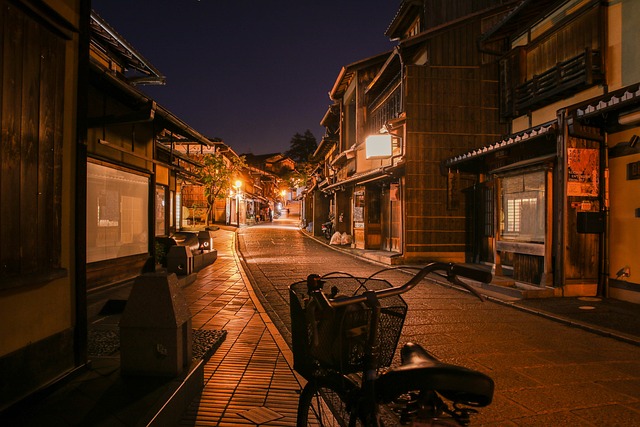
Japan is one of the safest countries in the world. You can walk home at midnight through the city or countryside and rarely feel unsafe. People routinely leave wallets, phones, or umbrellas behind—and find them returned untouched. Crime rates are extremely low, and most people trust each other by default.
My cousin, who lives in Vancouver, recently told me how much they miss this feeling. Vancouver, like many Western cities, is becoming more dangerous—more theft, more public disturbances, and people feel more tension in daily life. When they visited Japan, they said, “It’s so peaceful here. I don’t have to worry at all.”
That hit me. I’ve lived in Japan for over 33 years, and I’ve never once experienced a truly dangerous situation. I realized how rare and valuable that is. Even in crowded areas like Shibuya or Umeda, there’s an unspoken trust in the air. It’s something that quietly shapes your quality of life, every single day.
2. Spotless Public Spaces and Impressive Cleanliness

Japan takes cleanliness seriously. You’ll notice immediately how clean public spaces are—from spotless convenience store restrooms to tidy train platforms. Even streets in busy cities like Shinjuku or Namba are surprisingly litter-free.
And yet, there aren’t many trash bins around. That’s because people are used to taking their garbage home. Cleanliness isn’t enforced—it’s part of the social mindset. Homes, public baths, and even shoes are handled with care to maintain hygiene and order. This extends to restaurants, cafes, and schools too.
The Japanese belief that “clean is respectful” makes daily life feel comfortable and pleasant. As someone who has traveled abroad, I can say this: Japan may be small, but it’s one of the cleanest places you’ll ever visit.
3. Politeness and Quiet Respect in Everyday Life
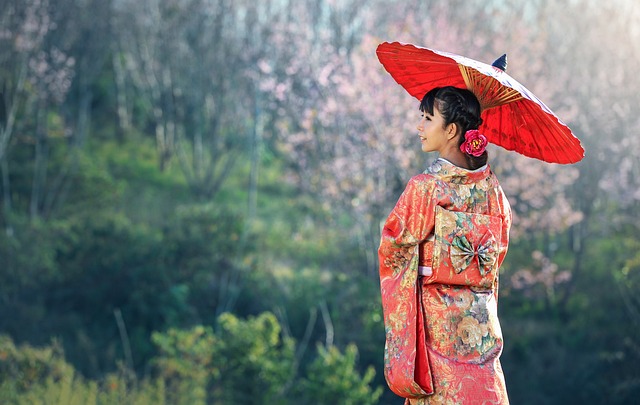
Overwork isn’t a problem unique to Japan—it happens in many capitalist societies around the world. But in Japan, it’s deeply embedded in culture, especially in big cities like Tokyo or Osaka. People feel pressure to dedicate their lives to the company. Staying late at the office, skipping vacations, and showing endless commitment isn’t just expected—it’s often unspoken.
I know this from personal experience. I used to work at a traditional Japanese company—what many call a “JTC.” The structure was rigid, the expectations were high, and the stress was overwhelming. It became harder and harder to be productive or even feel like myself. Eventually, I quit. I became a freelancer, and now I’m writing articles like this. It gave me freedom—but it also opened my eyes.
Yes, in Japan it’s technically “up to you” whether you work hard or not. But the environment makes it difficult to choose a balanced life. That’s the real challenge.
4. Reliable and Ultra-Convenient Public Transport
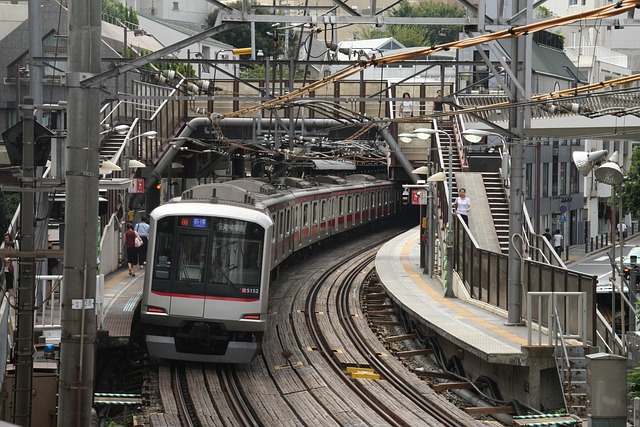
Japan’s public transport system is a marvel. Trains arrive on time—down to the second. Buses are clean and organized.
Subways, bullet trains, and even countryside lines are well-connected and easy to use. IC cards like Suica or Pasmo make the experience seamless—just tap and go. In Tokyo, you can get almost anywhere in under an hour without needing a car.
Even rural areas often have decent access to transport, though schedules are thinner. For daily commuting, traveling across the country, or exploring hidden towns, transportation is smooth and efficient. You don’t need to worry about delays, strikes, or overbooking. As a local, I truly appreciate how much stress this removes from daily life.
5. Fresh, Healthy Traditional Meals
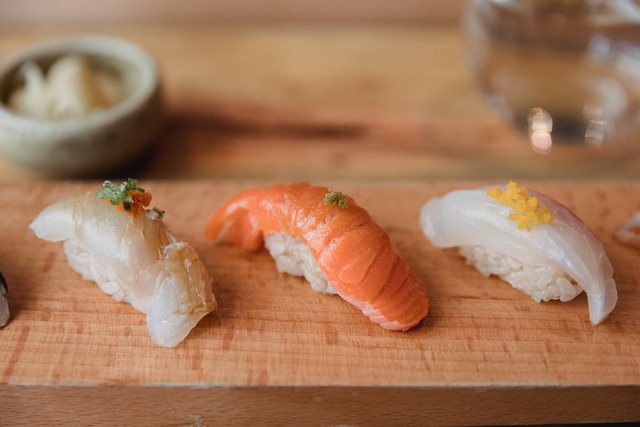
One of the things I love most about Japan is its food—especially how fresh and healthy it can be. I’ve been to many countries, and I say this with all respect: Japan has some of the cleanest, most balanced meals in the world. Traditional dishes like grilled fish, miso soup, tofu, pickled vegetables, and sashimi are low in fat, rich in nutrients, and good for digestion.
This isn’t just theory—it’s personal. I used to suffer from psoriasis, a skin condition triggered by stress and poor diet. Back when I worked at a traditional Japanese company (JTC), I was stressed and constantly eating unhealthy convenience store food—high in sugar, sodium, and bad fats. That’s when my symptoms appeared.
To heal, I changed my lifestyle. I returned to Japanese home-style meals and also explored clean, healthy food from other countries. And it worked. My psoriasis improved. Japan’s food culture, combined with its excellent national medical insurance, truly supports long-term health. This is a part of Japan I truly value.
6. Tasty and Affordable Dining Options
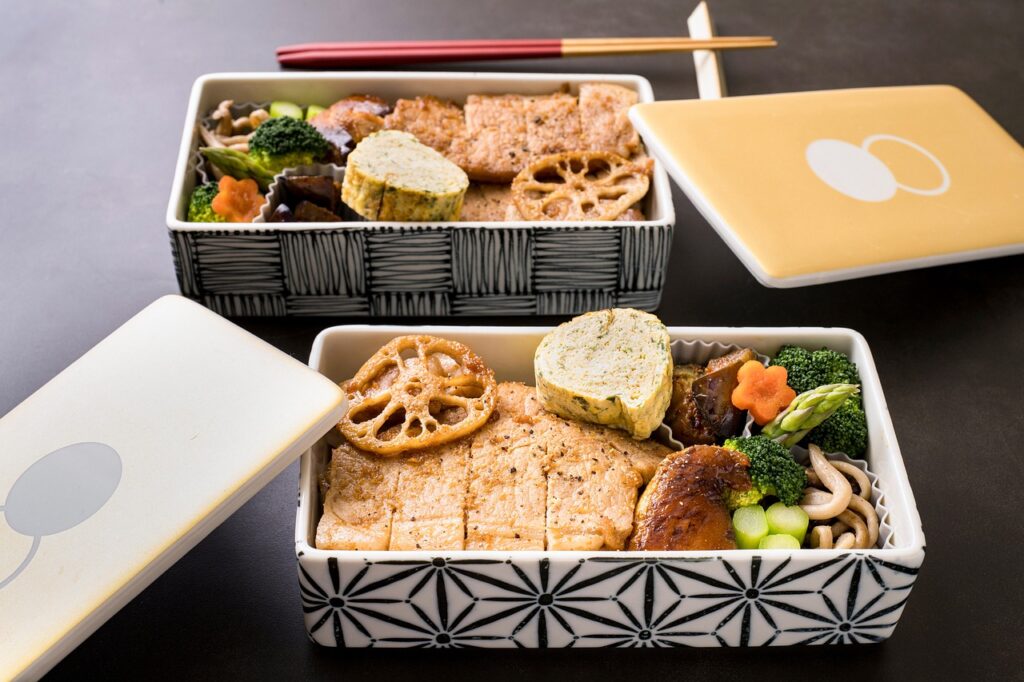
You don’t need a big budget to eat well in Japan. Ramen, soba, sushi, curry rice, or grilled yakitori—most can be enjoyed for under ¥1,000 (about $6–$8).
There’s incredible variety, from chain shops to tiny local diners. Even convenience stores offer bento boxes, salads, and snacks that are surprisingly high-quality. Compared to Western countries, eating out here is much cheaper for the quality you get.
Restaurants also prioritize hygiene, presentation, and service—even at lower prices. And tipping isn’t required! From casual lunch spots to high-end omakase sushi, Japan offers food lovers a paradise that’s both affordable and flavorful.
7. Natural Beauty and Four Distinct Seasons
Japan’s four seasons are deeply celebrated. Spring brings pink cherry blossoms, summer is filled with fireworks and festivals, autumn glows with red and gold leaves, and winter covers shrines in peaceful snow.
Even in the middle of Tokyo, you’ll find parks, gardens, and rivers that reflect the changing seasons. Nature is accessible, whether it’s a short train ride to the mountains or a local shrine walk under falling sakura petals. The country also honors its seasons through seasonal food, traditions, and design.
As someone who grew up here, I still get excited about hanami (cherry blossom viewing) every spring. It reminds me how deeply connected Japan is to the rhythms of nature.
❌ 7 Honest Cons of Living in Japan
1. Language Barrier for Foreigners

If you don’t speak or read Japanese, even basic tasks can be difficult. Government paperwork, medical visits, apartment contracts, and job applications are mostly in Japanese. In big cities like Tokyo, you’ll find some English signage, but once you go outside urban centers, it gets tough.
Japanese is a complex language with three writing systems and deep cultural nuances. While locals are often polite and helpful, most people don’t speak conversational English confidently.
This can create a feeling of isolation or helplessness for new residents or long-term visitors. If you’re planning to live here, investing time in learning Japanese—even at a basic level—makes a huge difference in feeling at home.
2. Cultural Isolation and “Island Mentality”
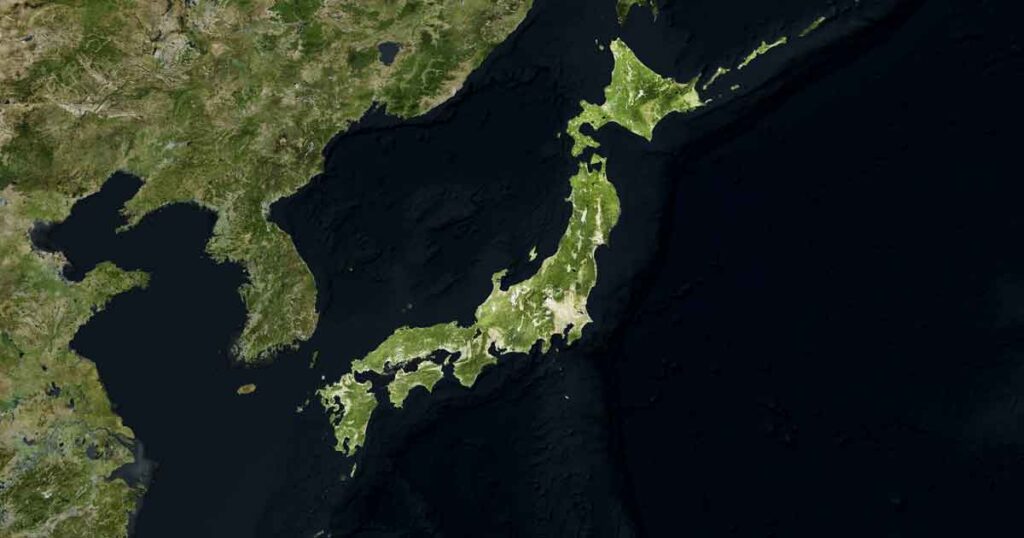
Japan is an island both physically and culturally. There’s a strong tendency to do things “the Japanese way.” While this creates order and consistency, it also creates rigidity. The culture can feel closed to outsiders or resistant to new ideas.
It’s hard to introduce fresh perspectives, question authority, or suggest change in many workplaces or communities.
For foreigners, this can lead to feeling like a guest—even after years. For Japanese people like me, it can feel like we’re missing the richness of learning from other cultures. I believe Japan needs to open up more, not just to tourists, but to global ideas and people from different backgrounds.
3. Overwork and Work-Centered Living

Overwork isn’t a problem unique to Japan—it happens in many capitalist societies around the world. But in Japan, it’s deeply embedded in culture, especially in big cities like Tokyo or Osaka. People feel pressure to dedicate their lives to the company. Staying late at the office, skipping vacations, and showing endless commitment isn’t just expected—it’s often unspoken.
I know this from personal experience. I used to work at a traditional Japanese company—what many call a “JTC.” The structure was rigid, the expectations were high, and the stress was overwhelming. It became harder and harder to be productive or even feel like myself. Eventually, I quit. I became a freelancer, and now I’m writing articles like this. It gave me freedom—but it also opened my eyes.
Yes, in Japan it’s technically “up to you” whether you work hard or not. But the environment makes it difficult to choose a balanced life. That’s the real challenge.
4. Hard to Build Deep, Emotional Connections

One of the biggest challenges of living in Japan—for both foreigners and locals—is how difficult it can be to form deep, emotional connections. I’ve felt this myself, even as someone born and raised here. In Japan, people are polite and kind, but there’s often a subtle distance. Conversations stay surface-level, and expressing emotion openly isn’t part of everyday culture.
Maybe it’s the “island mentality” or even the structure of the Japanese language, which is less emotionally expressive than English. I’m not completely sure. But I do know this: after living in Vancouver for a year, I found it much easier to make friends there. People opened up quickly, and I could express myself more naturally in English.
In Japan, most of my friendships came from school—not from work life. In traditional company culture, deep connection is rare. It’s not impossible—you can make friends if you try—but it often takes much more time, and emotional openness isn’t the norm.
5. Slow to Embrace Change

Despite its high-tech image, Japan is surprisingly traditional. Paper-based systems, fax machines, and hanko stamps (name seals) are still common. Gender roles remain rigid in many workplaces. Social norms around conformity and hierarchy slow down innovation. People hesitate to speak up, challenge norms, or break routines. Even when change is needed, it often comes very slowly. As someone who wants Japan to grow and improve, this can be frustrating. We have so much potential—but we need to be more open to flexibility, creativity, and change.
6. Aging Population and Stagnant Economy

Japan’s population is shrinking. There are fewer children, and the number of elderly is rapidly increasing. That means fewer working people are supporting more retirees. At the same time, average salaries haven’t changed much in decades, while the cost of living—food, utilities, taxes—continues to rise. This creates stress for young adults trying to build stable lives. The burden on social services is also growing. As a local, I feel the weight of this economic pressure. It’s a national problem, and it affects daily life: fewer job opportunities, less financial freedom, and rising prices with no raise in income.
7. Tight Spaces and a “Small” Feeling
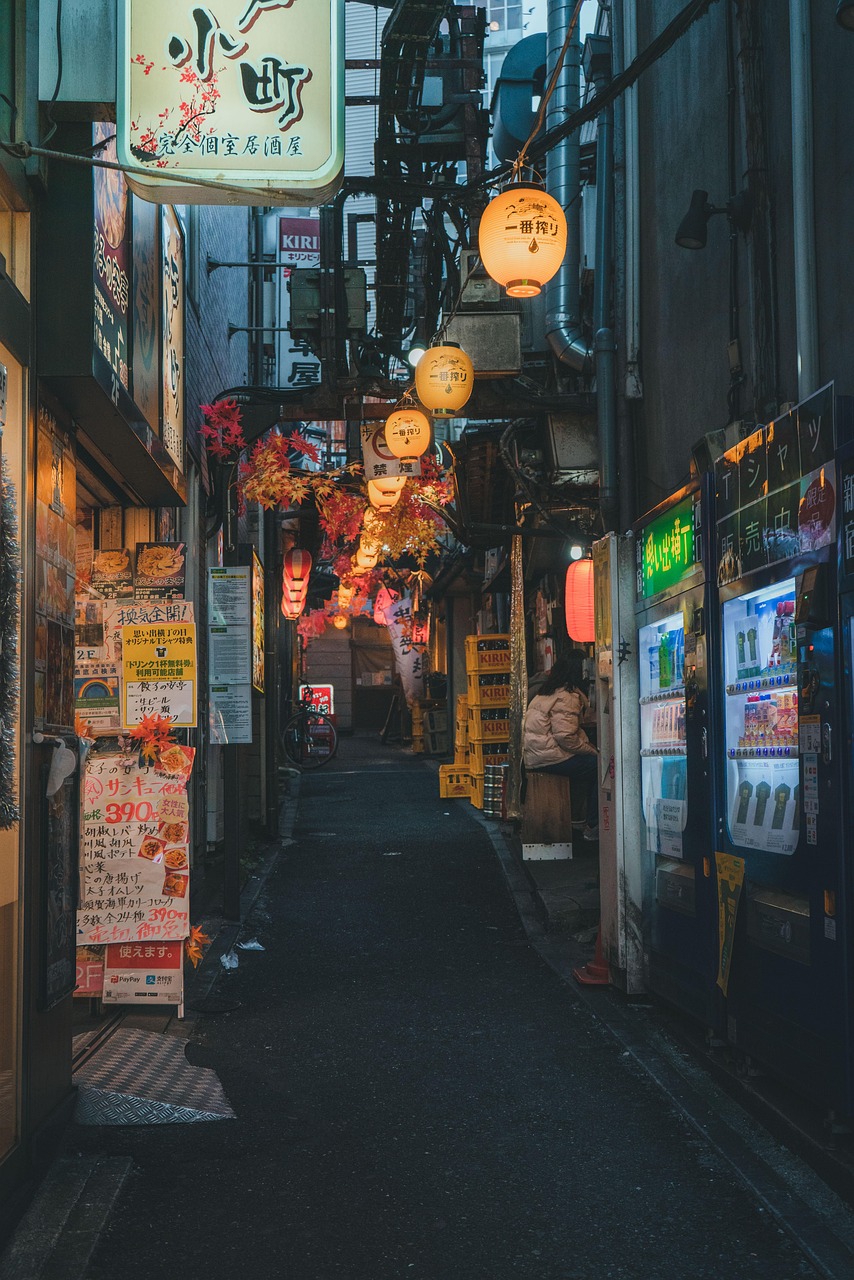
If you’re tall, broad-shouldered, or muscular—Japan can feel cramped. I’m 186 cm tall, and I often find myself ducking through doorways, squeezing into train seats, and bumping into furniture.
The average height in Japan is around 172 cm, and many apartments, bathrooms, and even elevators are designed for smaller frames. Urban areas like Tokyo are especially packed.
Narrow sidewalks, small living spaces, and crowded trains can be overwhelming. Japan is clean and well-designed—but it’s also tight. If you’re used to wide streets or big homes, the compactness here might take some getting used to.
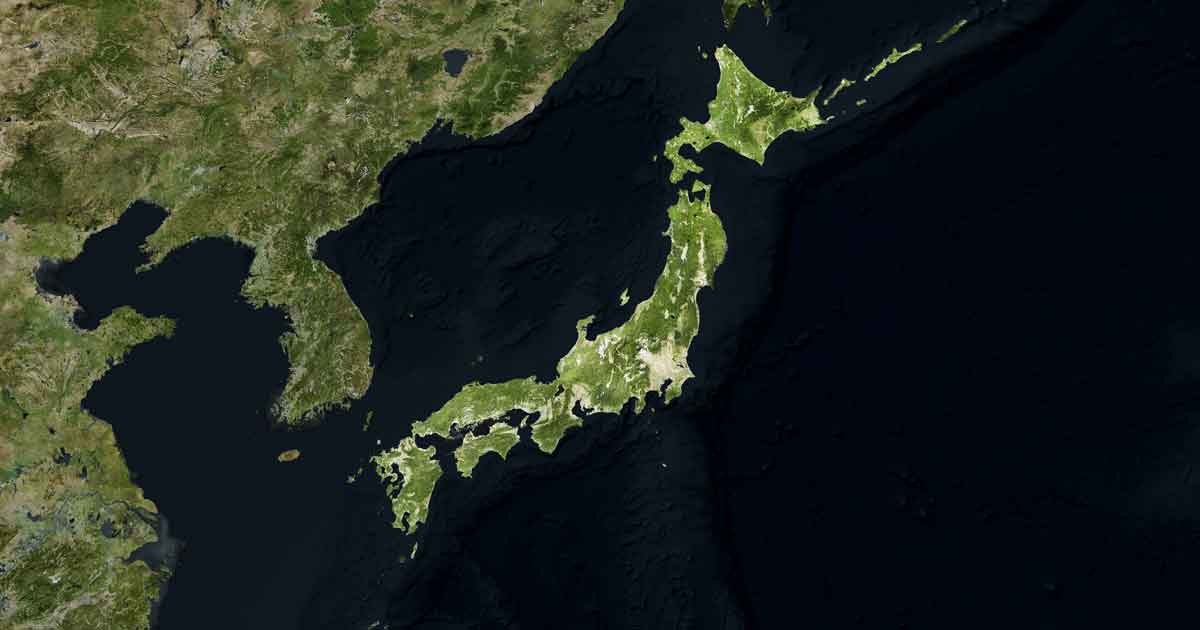
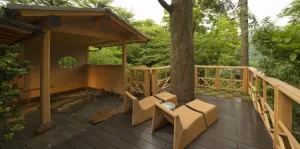

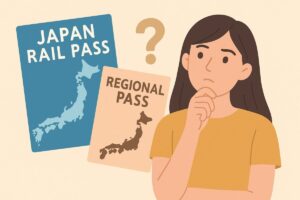


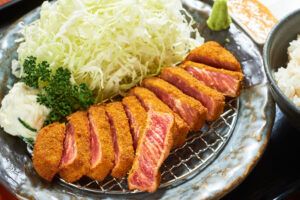


Comments